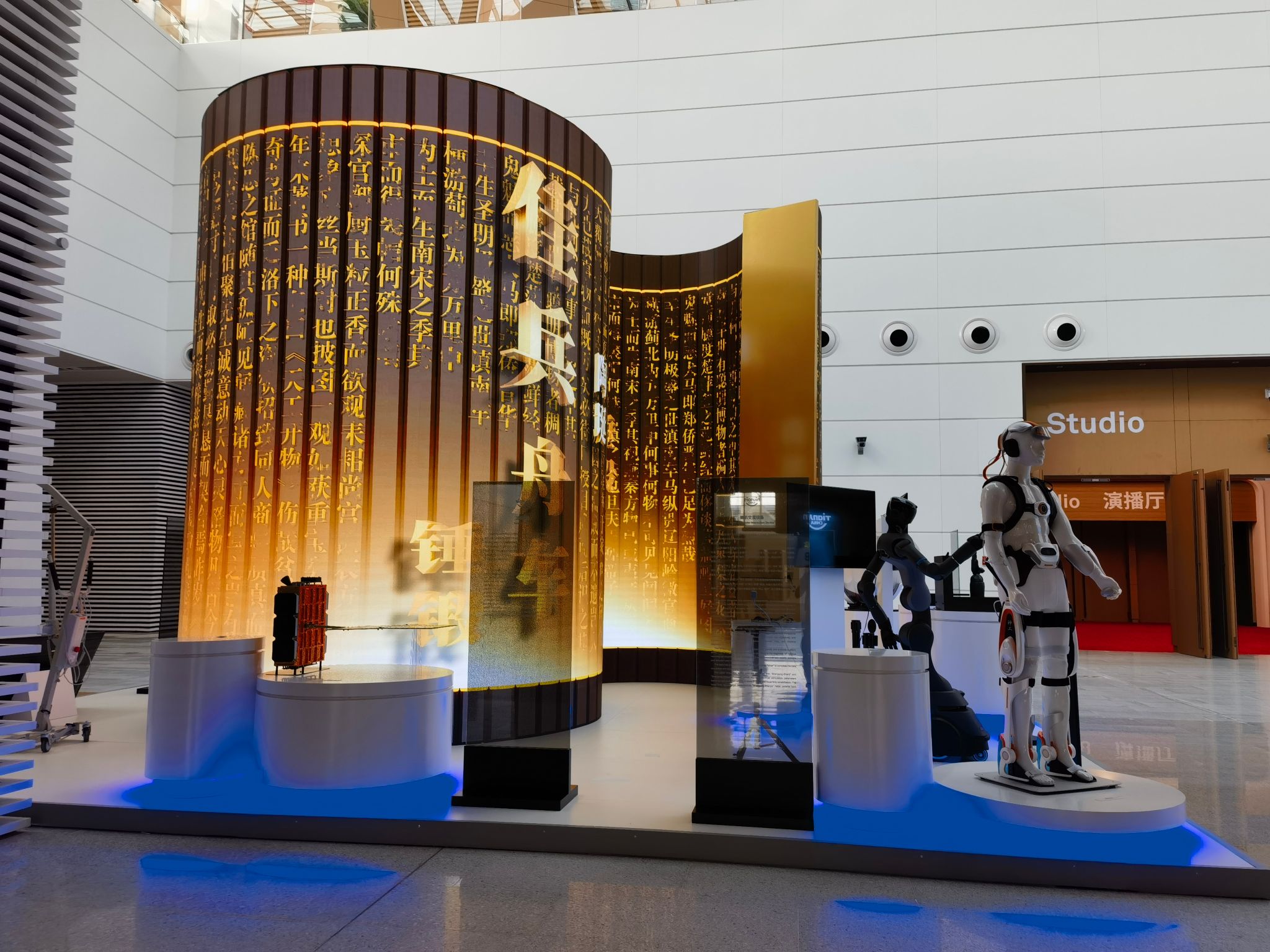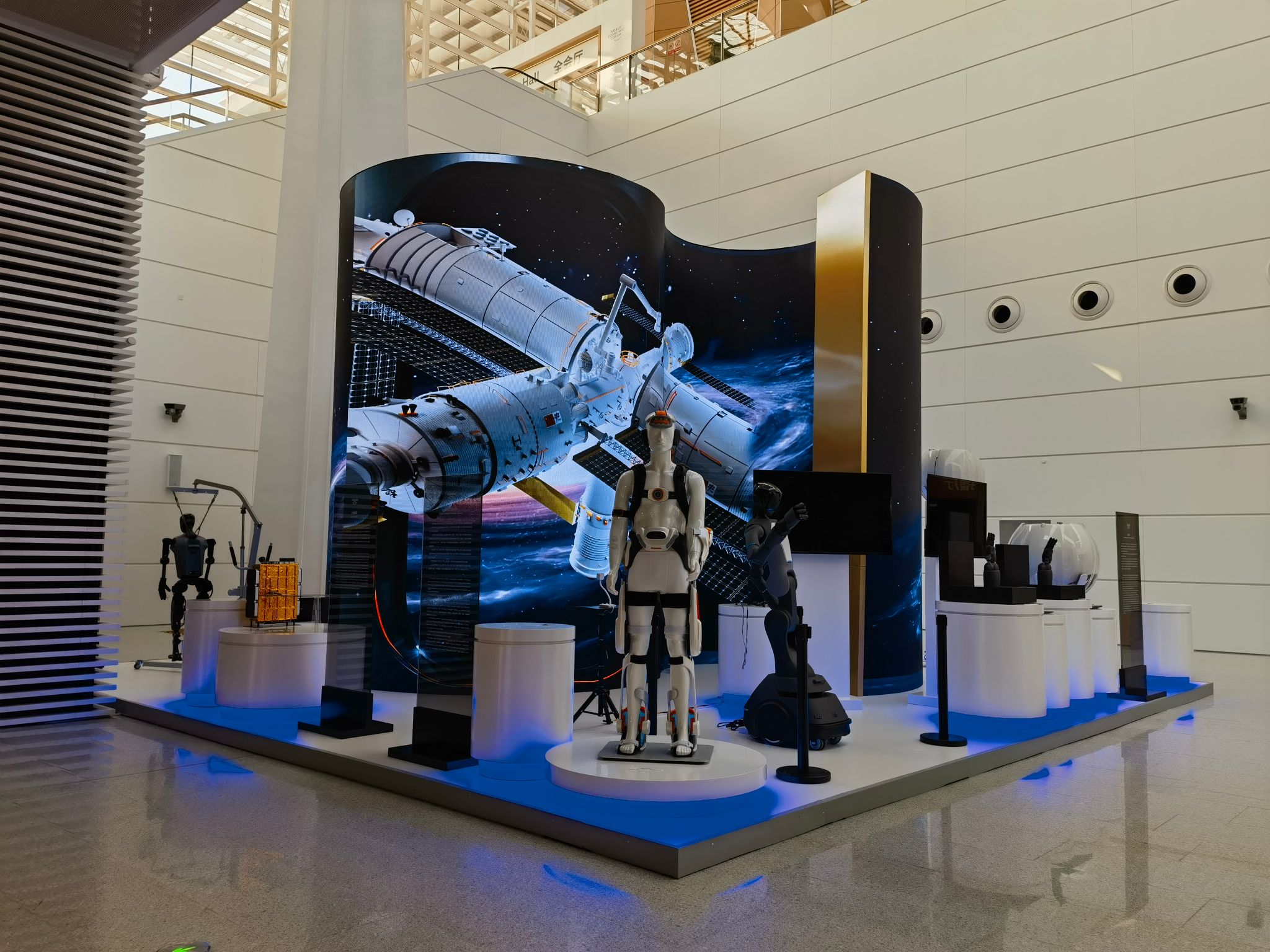"Shengong" Brain-Computer Interface Devices Exhibited at Davos Forum
The 16th Annual Meeting of the New Champions, also known as the "Summer Davos Forum," kicked off on June 24 in Tianjin, China. Among the highlights of this year’s forum were cutting-edge technological innovations, with Tianjin University’s groundbreaking “Shengong” series of brain-computer interface (BCI) devices stealing the spotlight in the Tianjin exhibition hall.

The "Shengong" system integrates domestically developed, proprietary non-invasive BCI technology, achieving world-leading levels of neural signal acquisition precision. This revolutionary technology not only enables accurate diagnosis of various neurological disorders but also decodes patients' motor intentions to flexibly control external devices. It paves the way for groundbreaking advancements in limb function rehabilitation.

As a key driver of emerging productivity, BCI technology has become a focal point in the global technology race. Tianjin University holds a leading position in the international BCI field. Its Haihe Laboratory for Brain-Computer Interfaces focuses on next-generation BCI and human-machine integration technologies. The team excels in core non-invasive BCI innovations, including brain-controlled instruction sets, decoding extremely weak neural signals, and improving information transmission speeds. These breakthroughs have been applied across critical sectors such as medical rehabilitation, education, industrial automation, entertainment, and aerospace. In February of this year, the team developed the world’s first "dual-loop" BCI system, enabling efficient four-degree-of-freedom control of drones by human brain signals.
Looking ahead, Tianjin University aims to further advance the development of China’s BCI industry by fostering innovation in technology, ecosystem building, and talent development. The university's vision is to bring its "Tianjin Wisdom" to the global stage, benefiting households and industries worldwide.
By Eva Yin

